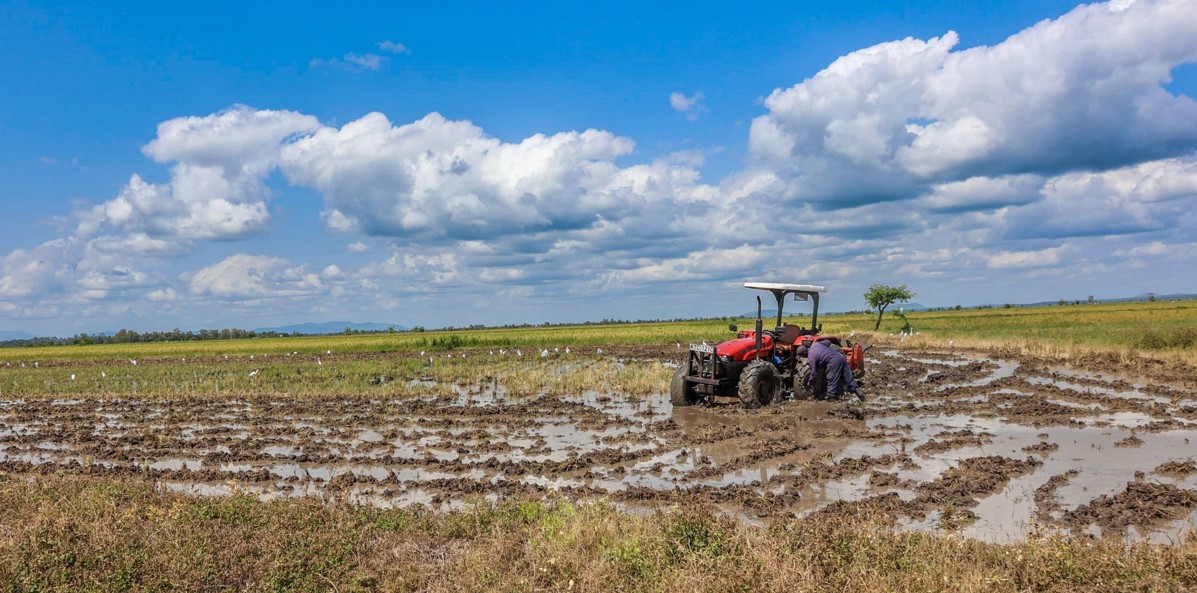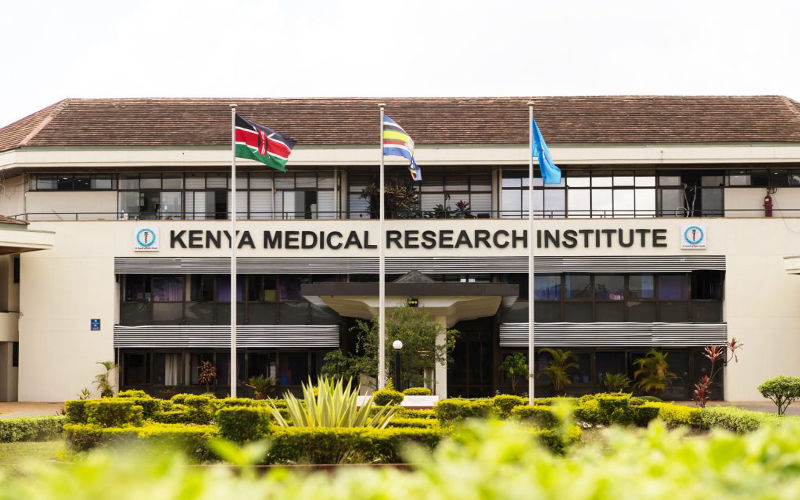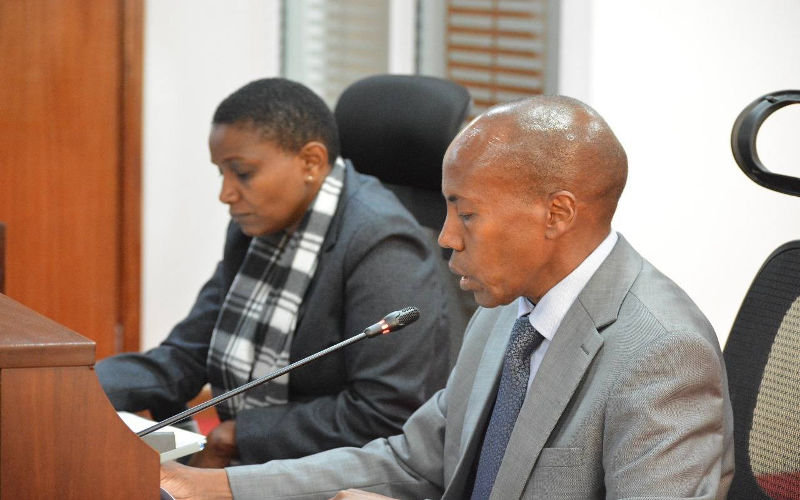Agriculture and Food Authority defends Kenya’s duty-free rice imports amid outcry from local farmers

Despite increased local production, Kenya still relies heavily on imports, bringing in 937,098 tonnes of rice worth Sh54.7 billion in 2023 compared to just 150,000 tonnes produced locally.
The Agriculture and Food Authority (AFA) has assured Kenyans that the planned importation of 500,000 metric tonnes of Grade 1 white rice will not harm the local market or disadvantage farmers.
AFA agency says the duty-free imports, to be completed by December 31, 2025, are a temporary measure to address a national rice shortage and stabilise prices.
More To Read
- KEBS denies reports of contaminated sugar, calls opposition claims baseless
- Kenya secures Djibouti as new miraa export market in major boost for farmers
- Kenya bans export, transit of raw macadamia nuts to protect local industry
- Authority grants import levy exemption for nuts and oil crops from EAC countries
- New miraa prices expected to improve farmers’ livelihoods, expand crop's farming
- AFA crackdown targets malpractices threatening Kenya's macadamia industry
This clarification comes amid strong opposition from local rice farmers, who have criticised the government’s move to approve large-scale rice imports.
In a statement issued Thursday, AFA said the decision was necessary to shield households from the effects of global supply disruptions and rising prices, which have made rice increasingly unaffordable, especially for low-income earners.
“Failure to import rice under the current shortfall would lead to either acute food scarcity or a sharp spike in prices not only for rice but also for other staples such as maize flour and wheat products,” said AFA Director-General Bruno Linyiru.
“This would create a domino effect on the cost of living and place an unsustainable burden on millions of Kenyan households.”
Duty-free imports
The Cabinet approved the imports under Memorandum CAB(25)90, which was formalised in Gazette Notice No. 10353 dated July 28, 2025. The notice allows duty-free importation of the specified quantity of Grade 1 milled white rice before year-end.
Linyiru stressed that the move is part of a short-term response designed to support a broader goal of achieving national food security.
“This is a short-term solution in service of a long-term vision: strengthening food security while empowering and protecting Kenyan farmers,” he said.
To maintain quality, only Grade 1 milled white rice meeting Kenyan and international standards will be allowed. All imports must be accompanied by a Certificate of Conformity from the Kenya Bureau of Standards (KEBS) and will be subjected to strict regulatory oversight.
Locally grown rice
AFA also dismissed claims that the imports would flood the local market, saying the Kenya National Trading Corporation (KNTC) is still actively buying and milling locally grown rice.
“KNTC remains committed to supporting local rice farmers by providing a guaranteed market throughout the milling process,” the agency noted.
However, this reassurance has not eased concerns among farmers in the Mwea Irrigation Scheme, many of whom say they still have unsold stock and have not received payments for previous harvests.
Led by John Munene and Pius Njogu from the Thiba section, the farmers accused the government of neglecting local producers.
“We are against the move because the influx of imported rice is negatively impacting the market for locally produced rice in our scheme,” Munene said.
Failed promise
Their frustrations were echoed by Kirinyaga Senator James Kamau Murango, who said the government had failed to honour a promise to buy 50,000 bags of rice currently stored under the Mwea Rice Growers Multipurpose Cooperative Society (MRGM).
“Two months ago, I moved from one government office to another, tirelessly pleading with officials to buy the 50,000 bags of rice in MRGM Mwariko stores. At the time, there were clear assurances that the government would intervene, but right now, 15,000 bags of rice are still lying untouched in the stores,” Murango said.
The government said it will buy rice in Mwariko stores. Farmers are still waiting for a May payout and are yet to receive subsidised fertiliser for planting,” he added, calling for the import plan to be suspended.
In the Gazette Notice, Treasury CS John Mbadi confirmed the imports were approved on the recommendation of Agriculture CS Mutahi Kagwe.
Milled white rice, the category approved for import, is processed to remove the husk, bran, and germ. While this results in a longer shelf life and softer texture, it also reduces nutritional value.
Despite growing local production, Kenya remains heavily reliant on rice imports. In 2023, the country imported 937,098 tonnes of rice for Sh54.7 billion, while producing only 150,000 tonnes locally.
According to AFA, Kenya’s annual rice demand currently stands at 1.3 million metric tonnes, with local production meeting just 20 per cent of that need. In 2024, production rose to 191,067.5 tonnes, while imports stood at 742,367 tonnes.
To reduce this gap, the government is working with Japan to expand the Mwea, Ahero, and Bura irrigation schemes under the National Rice Development Strategy. The plan includes improving irrigation, streamlining markets, and investing in value addition.
Earlier this year, Irrigation PS Ephantus Kimotho announced that Kenya aims to end rice imports by 2032 once these irrigation projects are complete.
Top Stories Today











































